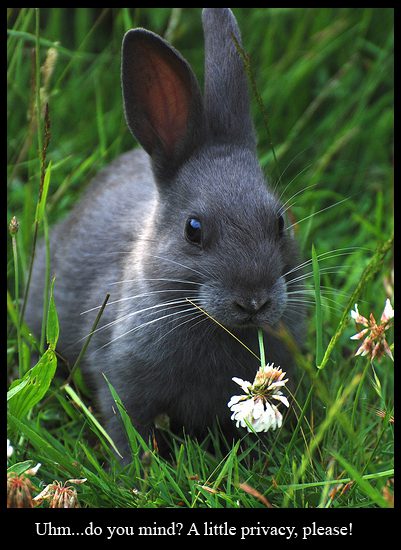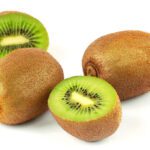

Rabbits are adorable and curious creatures that make wonderful pets. As a responsible rabbit owner, it’s essential to provide them with a balanced and appropriate diet. One common question that arises is “Can rabbits eat tulips”. In this article, we will explore the compatibility of rabbits and tulips, considering the nutritional aspects, potential risks, and guidelines for ensuring your furry friend’s well-being.
Yes, rabbits can safely eat tulips, including the flowers and leaves. Tulips are not toxic to rabbits and can be included as part of their diet. However, it’s important to introduce new foods gradually and in moderation to ensure your rabbit’s digestive system adjusts properly.
Can Rabbits Safely Eat Tulips?
Tulips are vibrant and beautiful flowers that are commonly found in gardens. These flowers come in various colors and are often associated with springtime. While they may add beauty to your outdoor space, it’s crucial to understand their compatibility with your pet rabbit.

In addition to tulips, there are several other safe and nutritious foods that you can offer to your rabbit. Some examples of rabbit-friendly vegetables and herbs include:
Rabbits have unique dietary requirements due to their sensitive digestive systems. A well-balanced diet plays a crucial role in maintaining their overall health and preventing various health issues. A proper diet ensures that rabbits receive essential nutrients, fiber, and hydration, promoting healthy growth, strong teeth, and a well-functioning gastrointestinal system.
Rabbits are herbivores, and their diet should primarily consist of hay, fresh vegetables, and a limited amount of pellets. The key nutrients necessary for their well-being include fiber, protein, vitamins, and minerals. High-fiber foods help maintain healthy digestion and prevent issues like gastrointestinal stasis.
To ensure your rabbit’s diet is balanced and meets their nutritional needs, consider the following tips:
- Hay: Provide unlimited access to fresh, high-quality hay, such as timothy hay or orchard grass. This is essential for maintaining healthy digestion and promoting dental health.
- Vegetables: Introduce a variety of rabbit-safe vegetables, starting with small amounts and gradually increasing. Opt for fresh and organic produce whenever possible.
- Limited Pellets: Offer a small portion of high-fiber pellets designed specifically for rabbits. Avoid overfeeding pellets, as they should only be a supplement to a primarily hay-based diet.
- Fresh Water: Ensure your rabbit has access to clean, fresh water at all times.
FAQs
Yes, rabbits can safely eat the leaves of tulips, along with the flowers. However, moderation is key when introducing new foods to your rabbit’s diet.
Yes, rabbits can eat the bulbs of tulips. The bulbs can be beneficial for digestive issues or other health problems in bunnies.
Yes, rabbits can eat tulips in various forms, including fresh, dried, or cooked. However, it’s important to introduce new foods gradually and ensure they are free from any harmful additives or seasonings.
If your rabbit experiences any adverse reactions or shows signs of discomfort after eating tulips, it’s best to consult a veterinarian for guidance and assistance.
Yes, there are several other flowers that are safe for rabbits to eat, such as marigolds, pansies, and nasturtiums. Always research and ensure the safety of a particular flower before offering it to your rabbit.
Tulips, including flowers and leaves, are acceptable for rabbits to consume. It’s crucial to introduce new foods gradually and keep track of your rabbit’s reaction. Make sure your rabbit’s diet includes a range of secure and nourishing meals in addition to tulips to satisfy their dietary demands.




